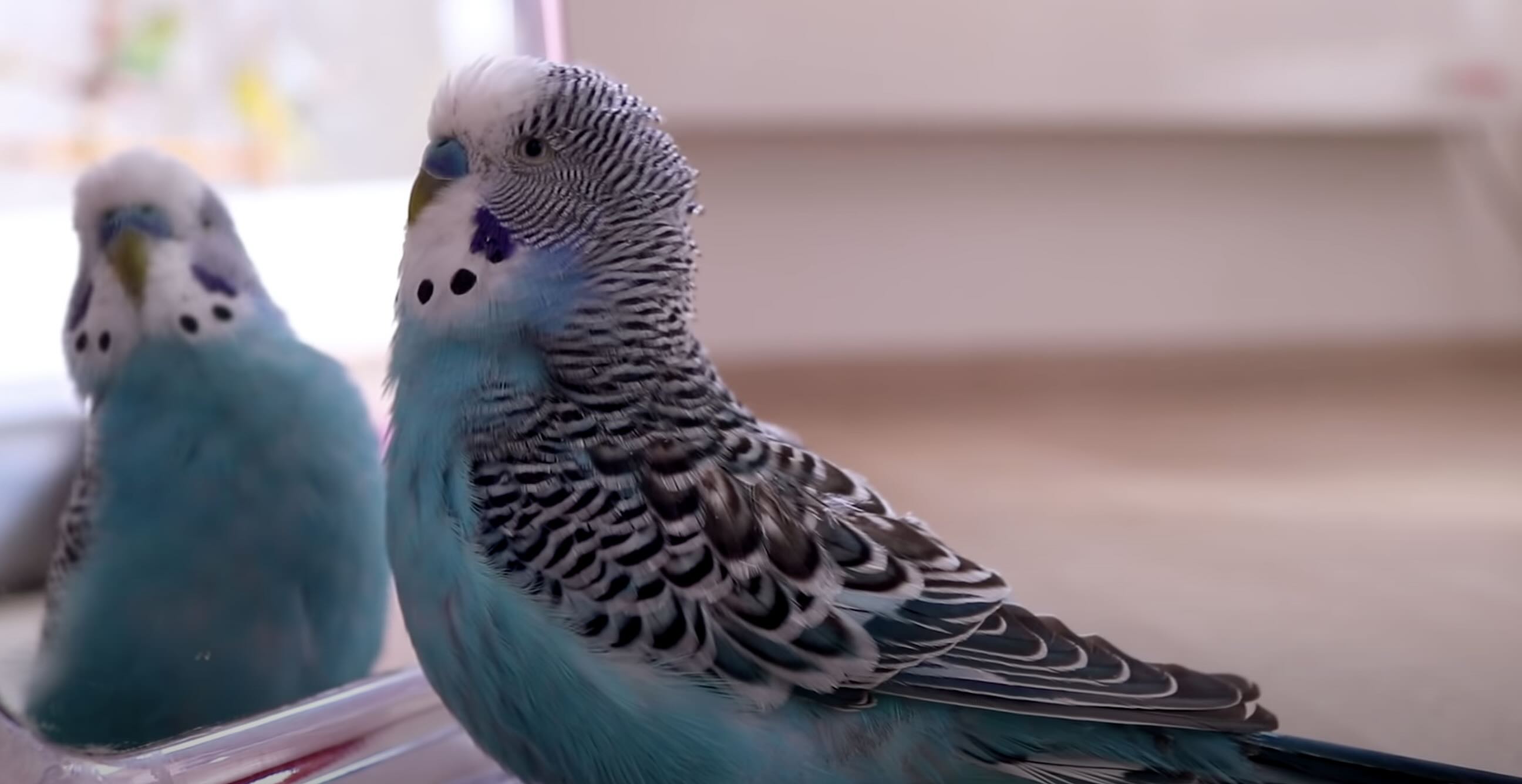

Articles
Why Are Mirrors Bad For Budgies
Modified: December 7, 2023
Discover the potential dangers of mirrors for budgies in this informative article. Learn why mirrors can be harmful and how to provide a safe environment for your feathery friend.
(Many of the links in this article redirect to a specific reviewed product. Your purchase of these products through affiliate links helps to generate commission for Storables.com, at no extra cost. Learn more)
Introduction
Budgies, also known as budgerigars or parakeets, are popular pet birds known for their colorful feathers, playful nature, and ability to mimic human speech. These social creatures thrive in environments that provide mental stimulation, engagement, and opportunities for social interaction. While mirrors may seem like a great addition to a budgie’s cage, they can actually have negative effects on their well-being.
In this article, we will explore why mirrors can be bad for budgies and discuss the potential psychological, social, and physical harm they can cause. We will also provide alternative options for keeping budgies entertained and engaged.
Key Takeaways:
- Mirrors can cause psychological distress in budgies, leading to confusion, frustration, and emotional imbalance. Owners should prioritize alternative sources of stimulation and companionship to ensure their well-being.
- Excessive mirror exposure can lead to decreased social interaction, behavioral issues, and physical harm in budgies. Providing interactive toys, foraging activities, and social bonding can offer mental stimulation and prevent the negative effects of mirrors.
Read more: Why Magnifying Mirrors Are Bad
Understanding Budgies
Before delving into why mirrors can be detrimental to budgies, it’s important to have a basic understanding of these delightful birds. Budgies are small parrots native to Australia, and they have become incredibly popular as pets all around the world.
Budgies are highly social animals that thrive on interaction, both with other budgies and with their human caregivers. They are intelligent creatures with curious and inquisitive natures. Budgies are known for their ability to learn and mimic sounds, including human speech.
In their natural habitat, budgies live in large flocks, constantly surrounded by their fellow feathered companions. This collective lifestyle provides them with a sense of security, stimulation, and social interaction, all of which are essential for their mental and emotional well-being.
When kept as pets, it’s important for budgie owners to replicate these natural conditions as much as possible. Providing a stimulating environment with plenty of toys, social interaction, and mental challenges is crucial for the overall health and happiness of a budgie.
Now that we have a better understanding of the complex needs of budgies, let’s explore why mirrors can be detrimental to their well-being.
The Appeal of Mirrors
One of the reasons why budgie owners often consider adding mirrors to their pet’s cage is because budgies are naturally attracted to shiny objects. Mirrors, with their reflective surfaces, can catch a bird’s attention and provide visual stimulation. The sight of their own reflection can be intriguing and entertaining for a budgie, making mirrors seem like an appealing addition to their environment.
Additionally, mirrors can create an illusion of companionship for a budgie that may be housed alone. Budgies are social animals that thrive on interaction, and mirrors can give them the visual impression of having a fellow budgie in their space.
However, despite the initial appeal of mirrors, they can have detrimental effects on the well-being of budgies, both psychologically and socially.
The Negative Effects of Mirrors on Budgies
While mirrors may seem like a harmless addition to a budgie’s cage, they can actually have negative effects on their well-being. These effects can be psychological, social, and even physical.
Psychological Impact
When budgies see their reflections in a mirror, they may become fixated on the image, thinking it’s another budgie. This can lead to confusion and frustration, as they try to interact with what they perceive as a potential companion. However, budgies are unable to recognize that the image is their own reflection. This can result in a prolonged state of confusion and a distorted perception of their surroundings.
Read more: Why Induction Cooktop Is Bad
Decreased Social Interaction
Budgies are social animals that rely on interaction with their own kind. When they are continuously exposed to a mirror, they may prefer the company of their own reflection over real-life interaction with other budgies or human caregivers. This can lead to a decrease in social interaction and bonding, which is essential for a budgie’s emotional well-being.
Behavioural Issues
Excessive exposure to mirrors can also result in behavioral issues. Budgies that become overly fixated on their own reflection may exhibit repetitive behaviors, such as excessive preening, vocalizing, or even aggression. These behaviors can become problematic and may negatively impact the budgie’s overall mental and emotional health.
Physical Harm
In some cases, budgies may become overly territorial and aggressive towards their reflection, thinking it’s an intruder in their territory. This can lead to physical harm, as they may peck at the mirror or injure themselves in an attempt to defend their perceived territory.
Overall, while mirrors may initially appear to be a source of entertainment for budgies, they can have detrimental effects on their psychological well-being, social interaction, and even physical health. It’s important for budgie owners to understand these negative effects and consider alternatives to mirrors.
Psychological Impact
One of the main negative effects of mirrors on budgies is their psychological impact. Budgies, like many other birds, are highly visual creatures and are naturally intrigued by shiny and reflective surfaces. When they see their reflections in a mirror, they may become fixated on the image, believing it to be another budgie.
This confusion and misinterpretation of their own reflection can lead to psychological distress for budgies. They may spend hours interacting with the image in the mirror, attempting to communicate and bond with what they perceive as a potential companion. However, budgies lack the cognitive ability to recognize their own reflection, leading to a perpetual state of confusion and frustration.
Constant exposure to a mirror can distort a budgie’s perception of their surroundings, as they may believe that there is another budgie constantly present in their environment. This can lead to an imbalance in their mental well-being, as they struggle to differentiate between reality and the illusion created by the mirror.
Such psychological distress can manifest in various ways, including increased anxiety, aggression, and self-doubt. Budgies may exhibit signs of restlessness, constantly seeking validation and connection from their reflection. This ongoing fixation on the mirror image can result in a state of disorientation and emotional imbalance.
Additionally, the inability to establish a true connection with their reflection can cause frustration and even a sense of isolation for budgies. They may become dependent on the mirror as a substitute for real social interaction, which can lead to emotional deprivation and a compromised sense of well-being.
To prevent these psychological issues, it is crucial for budgie owners to avoid the use of mirrors and provide alternative sources of stimulation and companionship for their feathered friends.
Read more: Why Are Blackout Curtains Bad
Decreased Social Interaction
Budgies are highly social creatures that thrive on interaction with their own kind and their human caregivers. They rely on social bonds for mental stimulation, emotional well-being, and a sense of security. However, the presence of mirrors in a budgie’s environment can disrupt their natural social tendencies and decrease their desire for real-life social interaction.
When budgies are exposed to mirrors, they may become fixated on their own reflection, perceiving it as a potential companion. This can lead to a shift in their social preferences, as they may prioritize the visual stimulation and interaction with the mirror over genuine social engagement.
Instead of seeking out the company of other budgies or their human caregivers, budgies may spend excessive amounts of time interacting with their reflection in the mirror. This can lead to a significant decrease in their social interaction with live beings, causing them to withdraw from real-life relationships and neglect the importance of genuine companionship.
Social isolation can have detrimental effects on a budgie’s emotional well-being and can lead to feelings of loneliness, boredom, and even depression. Budgies are highly intelligent creatures that require mental stimulation and social engagement to thrive. Without proper social interaction, budgies may become emotionally withdrawn and exhibit signs of unhappiness and discontent.
Furthermore, limited social interaction can hinder a budgie’s ability to develop and maintain important social skills. Budgies learn from their interactions with other budgies, honing their communication skills, and understanding social hierarchies within their flock. When their interactions are replaced by shallow engagement with a mirror, these important social skills can be stunted, hindering their overall growth and development.
To ensure the well-being of budgies, it is essential for owners to prioritize real-life social interaction and provide opportunities for their budgies to engage with other budgies and humans. This can be achieved through supervised playtime outside the cage, socializing with other budgies in controlled environments, and providing ample opportunities for interaction and bonding with their human caregivers.
Behavioural Issues
Excessive exposure to mirrors can lead to various behavioural issues in budgies. When budgies become fixated on their own reflection, they may exhibit repetitive and abnormal behaviours that can disrupt their normal daily routines and overall well-being.
One common behavioural issue that can arise from excessive mirror exposure is excessive preening. Budgies may spend excessive amounts of time grooming and preening themselves in an attempt to impress their reflection or establish dominance. This can lead to feather plucking, skin irritation, and even self-inflicted injuries if taken to an extreme.
Budgies may also engage in excessive vocalizing, believing that they are engaging in a conversation with their reflection. This constant chatter can be disruptive, especially in households where the bird is kept indoors and in close proximity to the rest of the family.
Furthermore, mirroring can also trigger territorial behaviour in budgies. They may perceive their reflection as an intruder in their space and become protective or even aggressive towards it. This territorial aggression can manifest in behaviors such as pecking at the mirror, banging their beak against it, or attempting to attack their own reflection. Not only can this result in physical harm to the budgie, but it can also aggravate the aggressive tendencies and lead to behavioral problems.
In addition to these specific behavioural issues, excessive mirror exposure can lead to a lack of mental stimulation and boredom. Budgies may become overly reliant on the mirror for entertainment and fail to engage in other activities that promote physical and mental exercise. This can lead to a sedentary lifestyle, muscle atrophy, and even weight gain.
To address these behavioural issues, it is crucial for budgie owners to limit exposure to mirrors and provide a variety of stimulating toys, activities, and social interactions. This will help redirect their focus and engage them in more natural and fulfilling behaviours that contribute to their overall well-being.
Physical Harm
While mirrors may not seem inherently harmful, they can pose physical risks to budgies when used incorrectly or excessively. These risks arise from the budgie’s inability to discern that their reflection is not another bird.
One potential risk is that budgies may become overly territorial and aggressive towards their reflection in the mirror. They may perceive the reflection as an intruder in their territory and attempt to defend themselves. This aggression can lead to physical harm as the budgie pecks at the mirror, possibly injuring their beak or causing abrasions on their face or feathers.
In some cases, budgies may even injure themselves in their attempts to interact with their reflection. They may bash into the mirror or fly aggressively towards it, resulting in collisions and possible trauma. This can lead to injuries such as broken feathers, bruises, or even fractures.
Another physical risk associated with mirrors is the potential for repetitive motion injuries. When a budgie fixates on its reflection, it may engage in repetitively flapping its wings, hopping or bouncing in an attempt to engage with the perceived companion in the mirror. These repetitive motions can strain the budgie’s wings, legs, or joints, leading to discomfort, inflammation, and potential long-term mobility issues.
To prevent physical harm, it is crucial for budgie owners to assess the potential risks of mirror use and take appropriate precautions. If a mirror is used, it should be placed securely in the cage, ensuring that the budgie cannot harm itself by pecking or colliding with it. Additionally, regular monitoring of the budgie’s behavior and physical well-being can help identify any signs of distress or injury.
However, it is important to note that prevention is key. By avoiding the use of mirrors altogether, budgie owners can eliminate the risk of physical harm and prioritize the bird’s safety and overall health.
Alternatives to Mirrors
If you’re looking for ways to engage and entertain your budgie without the use of mirrors, there are plenty of alternatives that can provide both mental stimulation and social interaction. Here are a few ideas:
Read more: Why Is Construction Bad For The Environment
1. Interactive Toys
Provide your budgie with a variety of interactive toys that are designed to engage their senses and satisfy their natural instincts. Toys with different textures, shapes, and colors can stimulate their curiosity and encourage exploration. Look for toys that can be manipulated or puzzles that require problem-solving skills.
2. Foraging Activities
Budgies love to forage for food. Hide treats or their favorite seeds in various locations within their cage or use foraging toys that require them to work for their food. This not only provides mental stimulation but also encourages physical activity as they search for hidden treasures.
3. Natural Perches and Branches
Replace traditional perches with natural perches and branches to mimic the budgie’s natural environment. Not only will this provide a more enriched and diverse habitat, but it also allows for opportunities to explore and exercise their feet and legs.
4. Social Interaction
As social creatures, budgies thrive on interaction with their human caregivers. Spend time talking to them, offering gentle head scratches, and engaging in gentle play. Bonding with your budgie through interactive sessions can provide mental stimulation and strengthen your relationship.
Read more: Why Is Pex Plumbing Bad
5. Mirror-Free Cage Decorations
Add visual interest to the cage without using mirrors. Natural materials like branches, leaves, or colorful toys can create a visually appealing environment. Rotate the toys periodically to keep things fresh and stimulating for your budgie.
6. Outside-of-Cage Time
Allow your budgie supervised time outside of their cage in a safe and secure area. This can provide valuable mental stimulation and physical exercise as they explore their surroundings. Keep in mind that budgies are curious, so ensure that the area is bird-proofed to prevent any potential hazards.
By incorporating these alternatives into your budgie’s daily routine, you can promote mental stimulation, physical exercise, and social interaction without relying on mirrors. Remember, each budgie is unique, so it may take some trial and error to find the activities and toys that best suit your budgie’s preferences and needs.
Conclusion
While mirrors may initially seem like an appealing addition to a budgie’s cage, they can have negative effects on their well-being. Budgies, as social and intelligent creatures, require mental stimulation, social interaction, and a sense of security to thrive.
Mirrors can have psychological impacts on budgies by causing confusion and frustration, as they attempt to interact with their own reflection, mistaking it for a potential companion. This can lead to long-term psychological distress and a distorted perception of their surroundings.
Furthermore, mirrors can decrease social interaction, as budgies may prefer the visual stimulation of their own reflection over genuine social engagement. This can lead to social isolation, emotional deprivation, and hinder the development of important social skills.
Budgies may also exhibit behavioural issues when exposed to mirrors excessively. These issues can include excessive preening, vocalizing, or territorial aggression towards their own reflection. Such behaviours can be disruptive and lead to physical harm or psychological imbalance.
Considering the risks and negative effects associated with mirrors, it is important for budgie owners to seek alternative ways to provide mental stimulation and social interaction. This can be achieved through interactive toys, foraging activities, natural perches, social bonding, mirror-free cage decorations, and supervised outside-of-cage time.
By prioritizing the well-being of their budgies and providing a diverse and enriching environment, owners can ensure that their feathered friends lead happy and healthy lives without the detrimental effects of mirrors.
Remember, each budgie is unique, so observing and understanding their individual preferences and needs will guide you in choosing the best alternatives for their well-being and happiness. With the right care and attention, budgies can thrive in an environment that supports their natural behaviours and fosters their overall health and happiness.
Frequently Asked Questions about Why Are Mirrors Bad For Budgies
Was this page helpful?
At Storables.com, we guarantee accurate and reliable information. Our content, validated by Expert Board Contributors, is crafted following stringent Editorial Policies. We're committed to providing you with well-researched, expert-backed insights for all your informational needs.
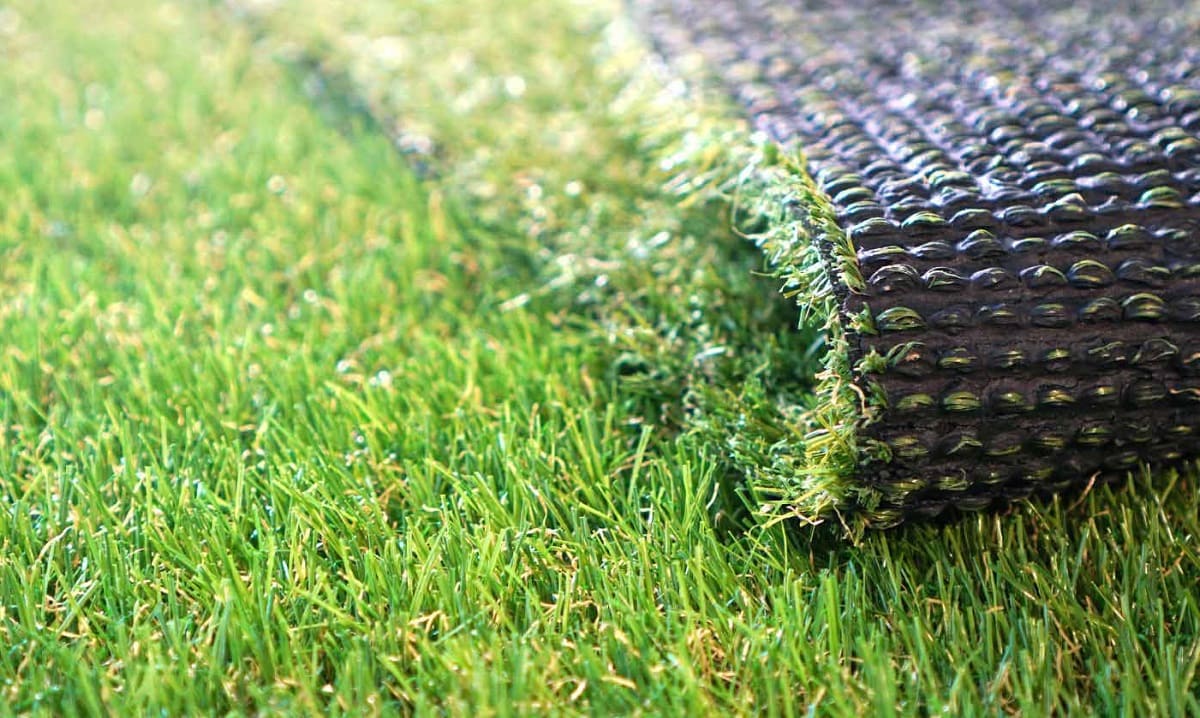
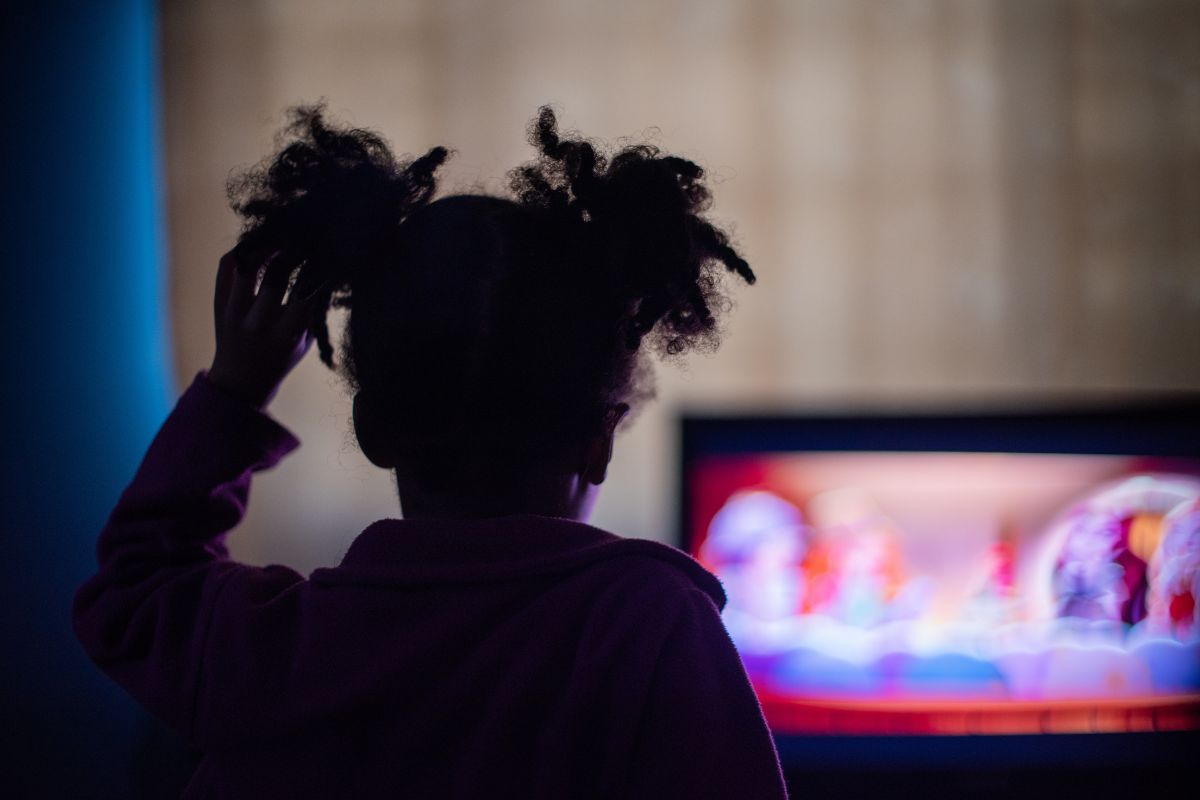
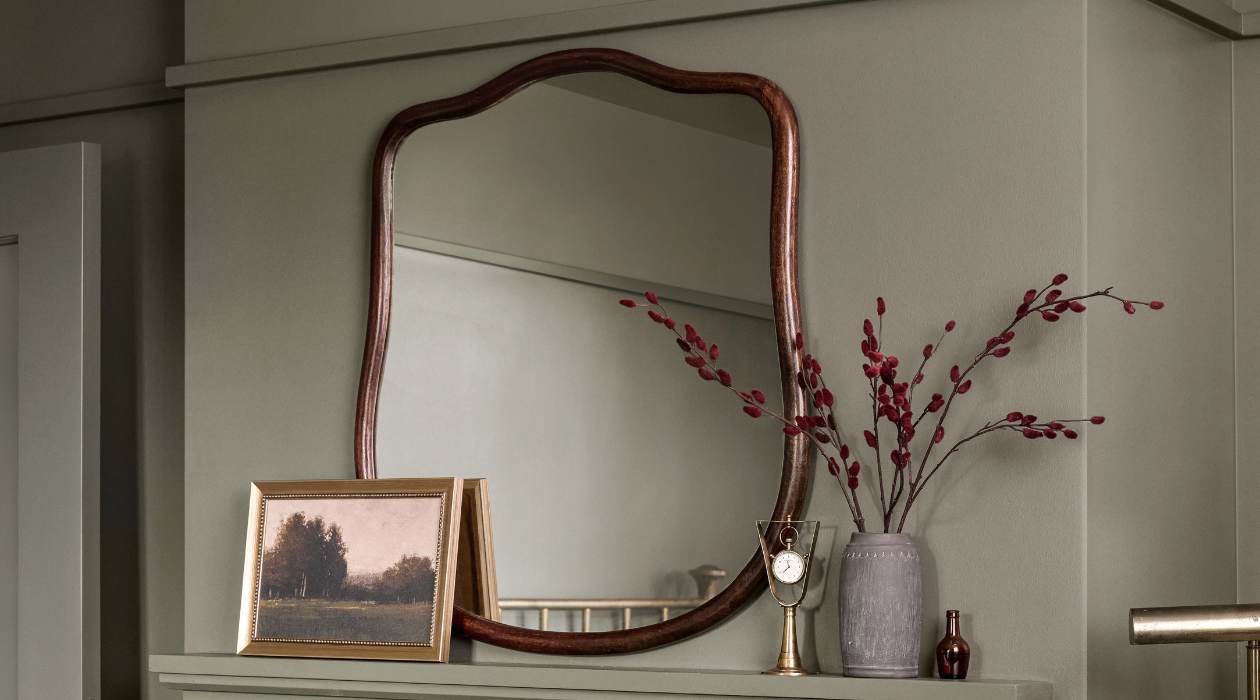
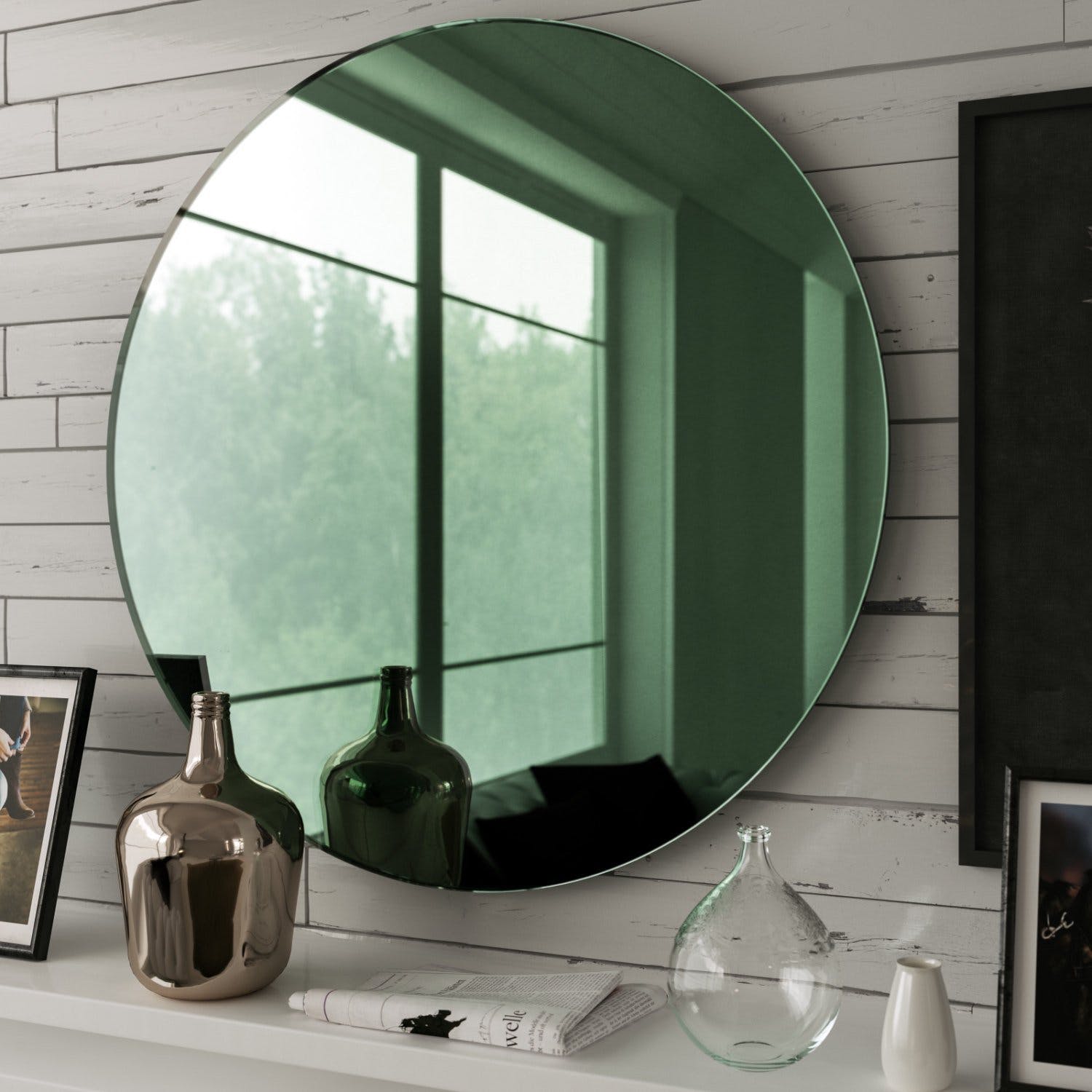
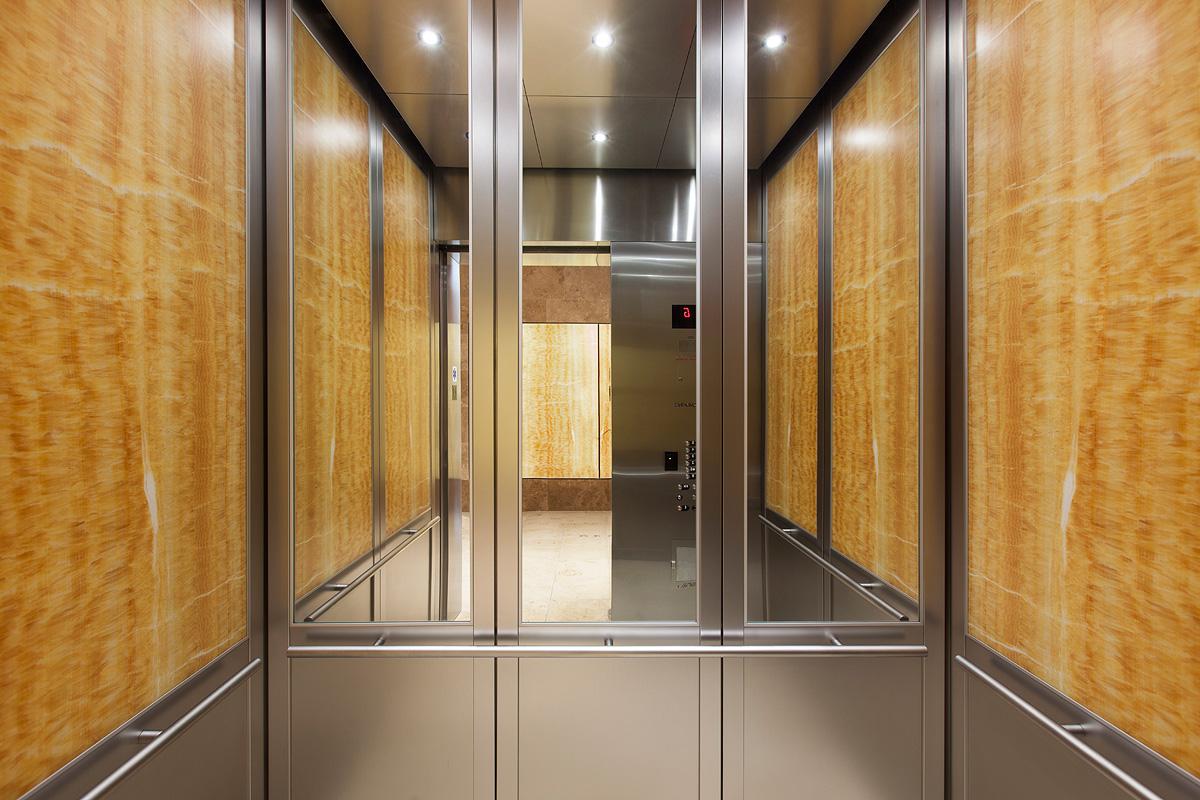
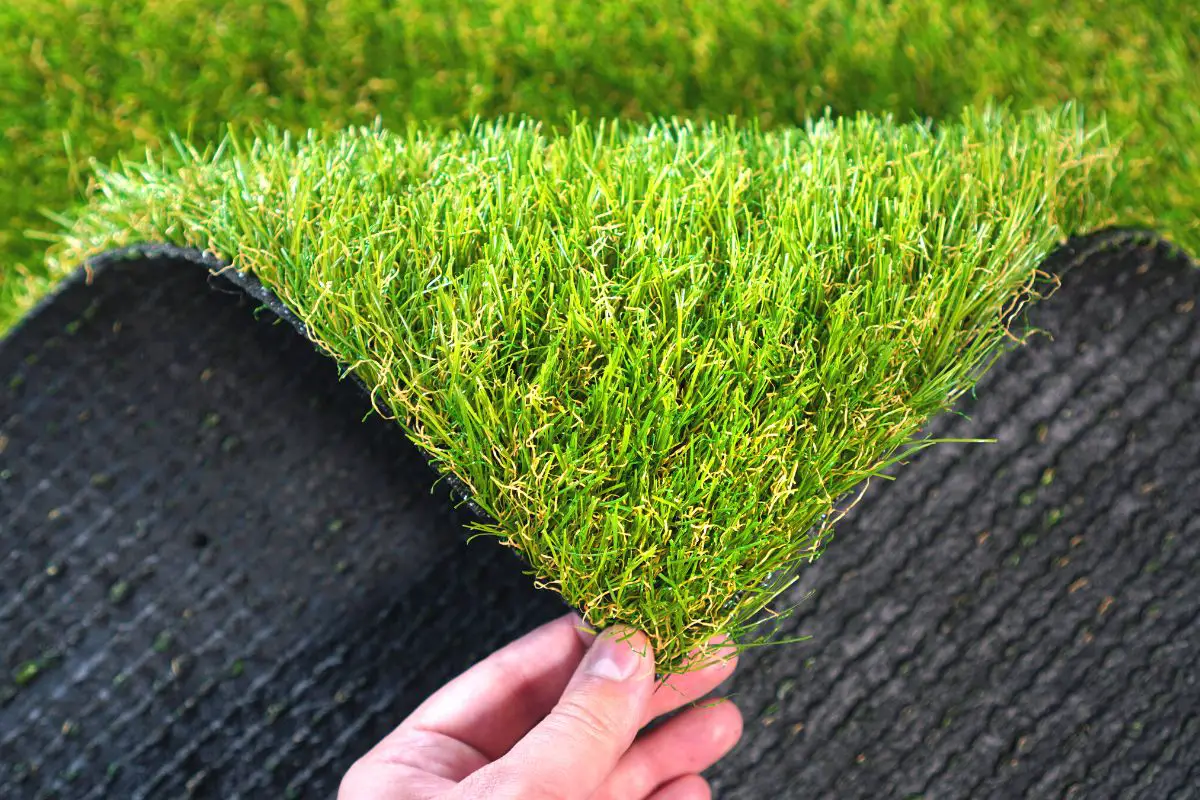


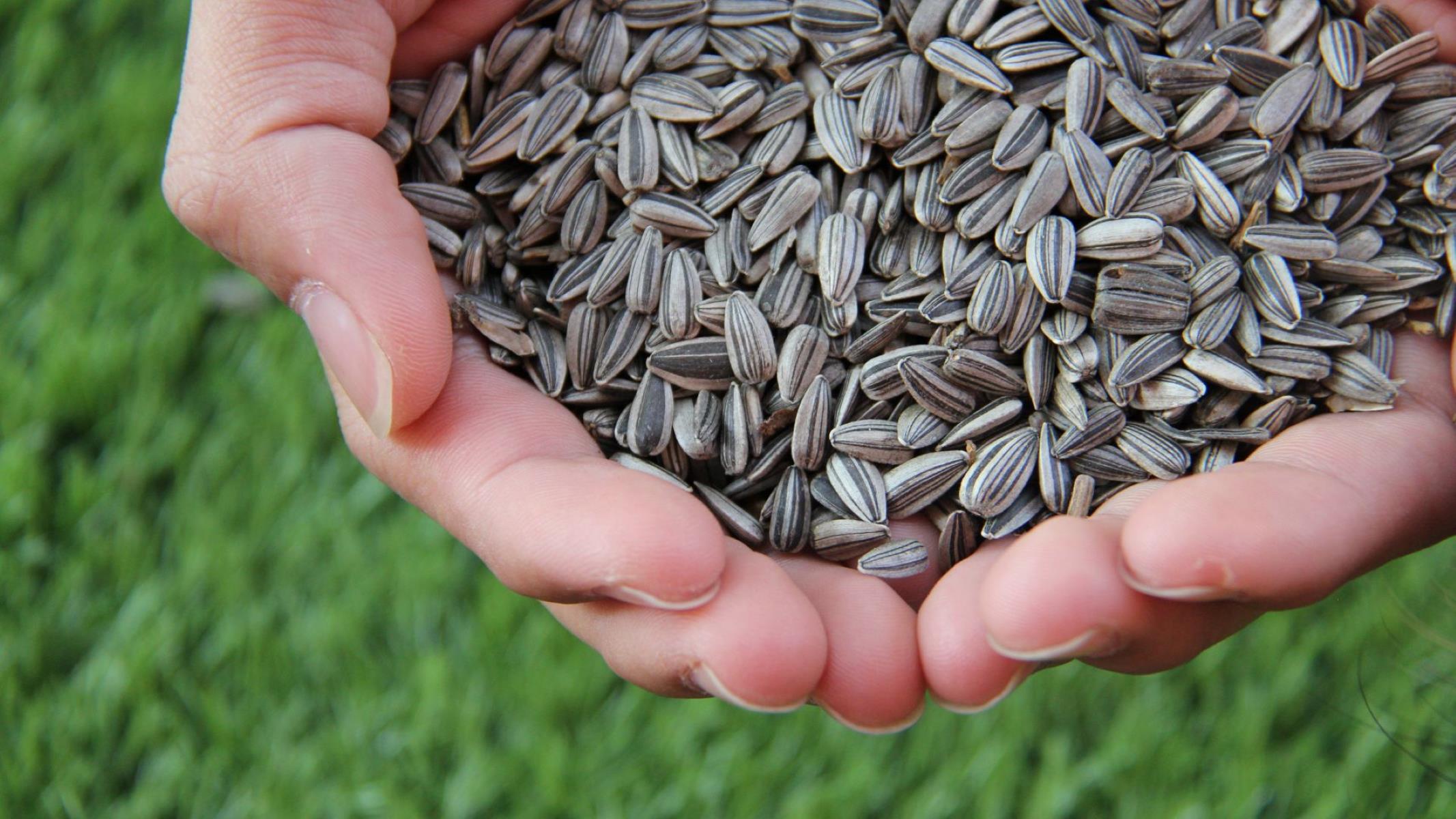

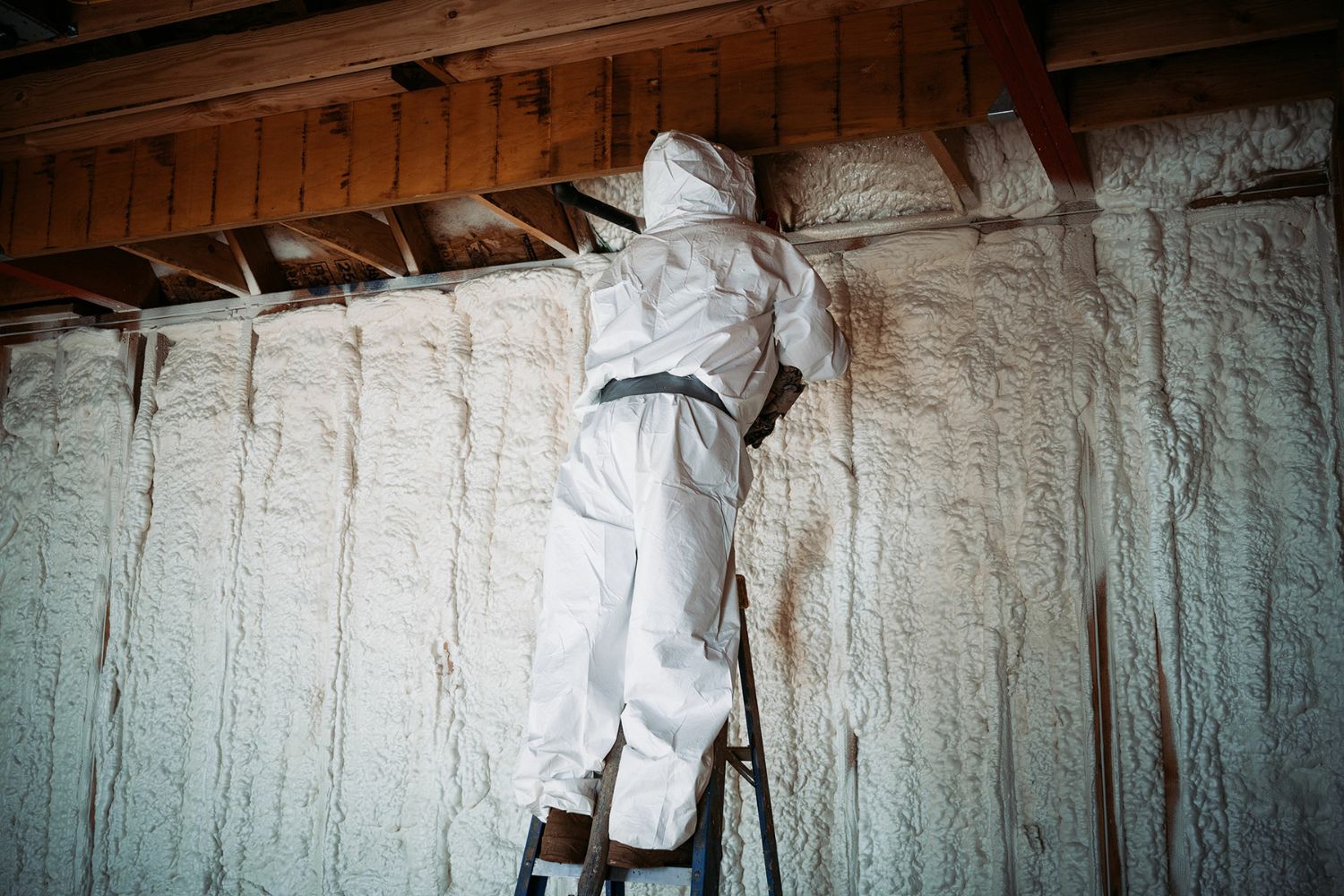

0 thoughts on “Why Are Mirrors Bad For Budgies”